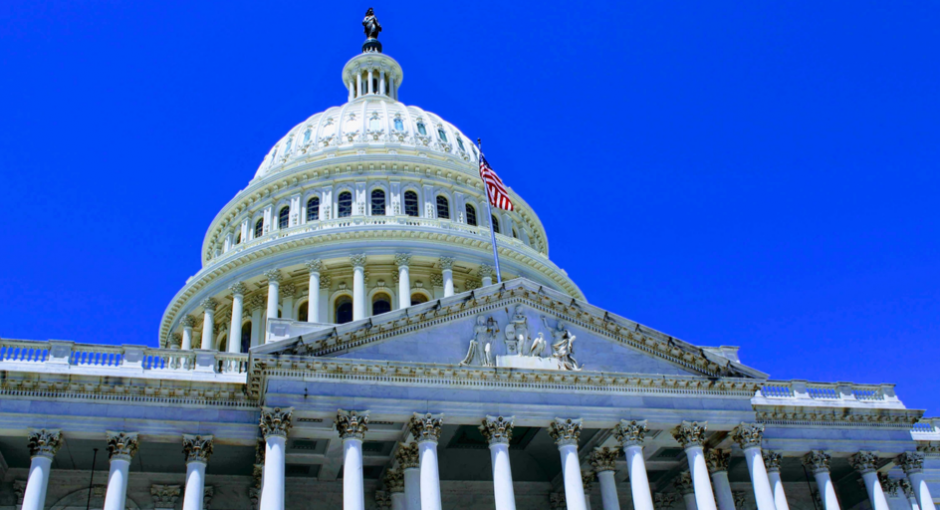Congressional debate over lowering drug prices has shifted to the U.S. Senate following House passage of the $1.75 trillion Build Back Better social spending bill on Friday.
Congress has been on break this week for the Thanksgiving holiday. It returns to work on Monday. Before the Senate can take up the bill, the Senate Parliamentarian must first decide whether its provisions align with the chambers’ rules. In addition, individual senators are expected to insist on making major changes to the bill. The House and Senate both then would have to sign off on final language before the bill could go to President Biden for his signature.
Senate Finance Committee Chair Ron Wyden (D-Ore.) is expected to take the lead on revising the House version’s drug pricing language. He has not disclosed any specific changes. Yesterday in a blog post he described his drug pricing aims broadly.
“I’m thankful that the Build Back Better agenda includes my historic drug pricing agreement that will allow Medicare to negotiate drug pricing directly with Big Pharma and end their price-gouging at the pharmacy counter,” Wyden wrote. He was referring to the Nov. 2 compromise among House and Senate Democrats and the White House on drug pricing. The main elements are:
- Letting Medicare negotiate prices with manufacturers for a small number of high-priced drugs, including all insulin products, reimbursed by Medicare Parts B and D. Negotiated prices would take effect in 2025 for Part D drugs and in 2027 for Part B drugs.
- Requiring manufacturers to pay the federal government rebates for price increases exceeding the rate of inflation on nearly all Part D drugs and on single-source Part B drugs and biologicals. The rebate calculation would include prices paid by private insurers, not just those paid by Medicare. The rebates would start in 2023. The 340B and Medicaid rebate programs already have an inflation penalty component.
- Insurers could charge patients no more than $35 for insulin products. Part D plans would have to cover all insulin products starting in 2025. Private plans would have to cover one dosage form and one insulin type of each insulin product.
- Repealing a Trump administration final rule that would eliminate commercial drug rebates paid by manufacturers to pharmacy benefit managers or Part D plan sponsors.
Groups representing 340B covered entities have asked Congress to be aware that the price negotiation and inflation rebate provisions could reduce entities’ 340B savings.
Language in earlier drug pricing bills that would end covered entities’ ability to earn revenue by billing Medicaid managed care organizations at a markup over 340B acquisition cost was not included in the House version of the Build Back Better bill.


